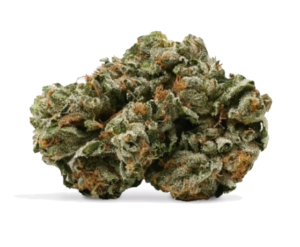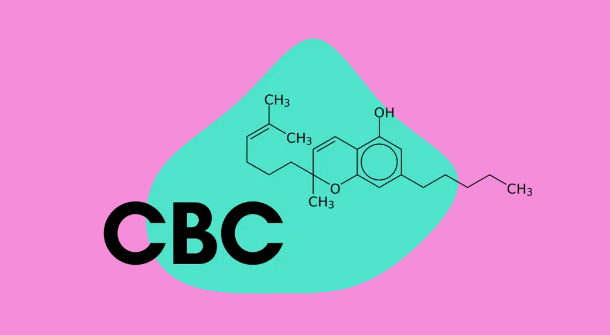Cannabichromene (CBC) is a phytochemical found in the cannabis plant. Similar to cannabidiol (CBD) and tetrahydrocannabinol (THC), CBC stems from cannabigerol acid (CBG-A). As it starts out as cannabichromene carboxylic acid (CBC-A), on exposure to heat it turns into cannabichromene (CBC) through the process of decarboxylation. CBC is considered to be non-intoxicating, so it will not impair the user. Unlike THC, CBC doesn’t bind well to the CB1 receptors in the brain to make you experience the “high.” CBC does however bind with receptors such as the transient receptor potential vanilloid receptor 1 (TRPV1) and the transient receptor potential ankyrin 1 (TRPA1), which are correlated with pain perception.
As CBC activates these receptors, the body increases the number of endocannabinoids such as anandamide and are then released. CBC is currently one of the main cannabinoids that is being studied for its medical benefits.

Potential Benefits of CBC
Antimicrobial: Fights bacteria and fungi.
Anti-viral: A major component in cannabis anti-viral effects.
Anti-inflammatory: Reduces swelling and inflammation of the intestinal tract.
Analgesic: Fights pain.
Anti-depressant: Contributes to the elevation of the mood.
Stimulates Brain Growth: Increases the viability of developing brain cells.
Anti-proliferative: Inhibits the growth of cancerous tumours.
Migraines: Appears to be a successful remedy for migraines.


